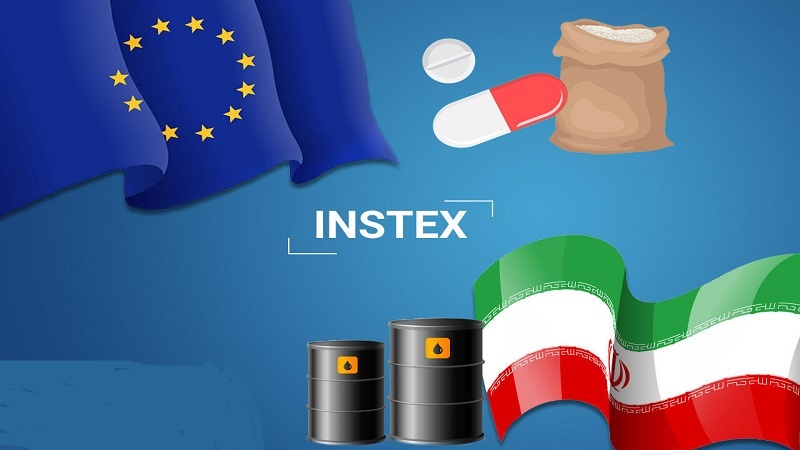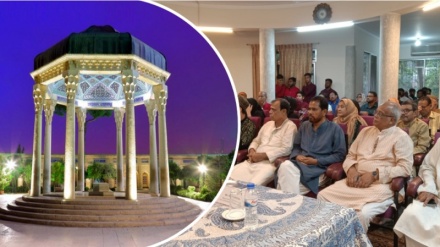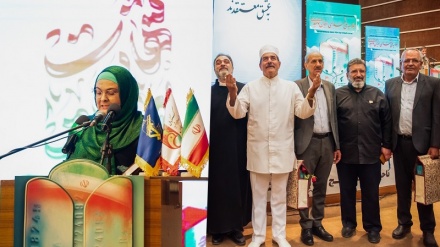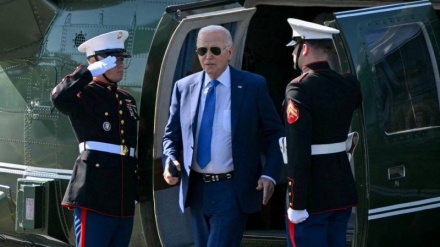Iran in 2019 at a glance (2)
Welcome to the second and final episode of the series "Iran in 2019 at a glance". Today, we will review some of the other most important developments of Iran in 2019.
2019 was a tense year given the continuation of the US and Europe's acts of sabotage in implementation of the nuclear agreement.
Following the withdrawal of the US from the nuclear agreement; Europeans, especially France, Britain, and Germany vowed to fully support the nuclear agreement, while calling on Iran to remain committed to Joint Comprehensive Plan of Action (JCPOA). Iran delivered on its pledge. The International Atomic Energy Agency (IAEA) has presented a report once every three months on the process of implementation of JCPOA, and the commitments related to Iran's nuclear activities and installations. All of these reports prove Iran's commitment to JCPOA. However, the US, right from the very beginning, made illogical demands which were in violation to international norms, such as access to Iran's military sites, and changes in the content of JCPOA without consideration of the UN Security Council resolution, trying to make use of these illogical demands as a pretext to attain its meddlesome goals in relation to restriction of Iran's missile defense capacity.
Iran wants to save JCPOA as long as its interests are fulfilled. Otherwise, Iran will pull out this nuclear agreement.
In 2019, the European Union pledged to support JCPOA. However, the outcome of Europe's efforts was weak. The launch of an especial channel for Europe-Iran payments under the name of INSTEX was not successful as such in practice, although it was interpreted as a sign of Europeans' political resolve.
The Leader of Islamic Revolution, Ayatollah Seyed Ali Khamenei, in an address to thousands of students and teachers in regard to the US conduct and the Joint Comprehensive Plan of Action, noted that we repeatedly pointed out that the US should not be trusted. In the negotiations with three European countries, we also note that they should not be trusted and there should be real and practical guarantees for every agreement. Otherwise, this move cannot be continued in this manner.
Upon the US withdrawal from JCPOA, the Islamic Republic of Iran maintained strategic patience for one year. After a year, Islamic Republic of Iran set a deadline for the parties to the nuclear agreement, especially the European states, which pledged to make up for US exit from the nuclear agreement; to make good on their commitments to the nuclear agreement.
In reaction to non-fulfillment of European states' vows, Iran's Supreme National Security Council, in a statement, set a 60-day deadline for the parties to nuclear agreement to fulfill their commitments in regard to oil-related and banking topics of importance, while noting that otherwise Iran will reduce its commitments to JCPOA in accordance with the contents of this nuclear agreement.
In this manner, on May 8, 2019, Islamic Republic of Iran announced that it suspends part of its commitment to JCPOA in accordance with the 26th and 36th clauses of this agreement.
In the first step, Iran suspended the restriction related to the maximum storage of enriched uranium and heavy water, while within the next 60 days, and in its second step, Iran set aside the ceiling set for the rate of enrichment. After the second step, Iran set another 60-day deadline for the remaining countries in JCPOA, especially the three European countries, to fulfill their pledges on compensation of the effects of illegal sanctions imposed by the US.
Upon the termination of the other 60-day deadline, Iran took the third step in lowering its commitments to JCPOA, annulling some of the nuclear restrictions on research and development.
The Iranian president instructed that Iran's Atomic Energy Organization should take the necessary measures for research and development in the field of peaceful nuclear technology, and should set aside all of the commitments considered by JCPOA in relation to research and development.
In November, President Rohani announced that all parties to JCPOA should realize that Iran cannot be unilaterally committed to this nuclear agreement.
A reduction in Iran's commitments to JCPOA such as a rise in the volume of stored enriched uranium and a rise in the level of enrichment are not in violation of JCPOA, and are in fact measures within the framework of Iran rights in the nuclear agreement.
In accordance with the 26th and 36th clauses of JCPOA, if the other party to this nuclear agreement does not fulfill its commitments, Iran maintains the right to halt the implementation of its obligations as a whole or in part.
The US suppressive policies, and Europeans' refusal to fulfill their commitments to JCPOA have led Iran to conclude that it should no longer wait for the Europeans. Iran has granted sufficient opportunities to Europeans in a number of steps.
In 2019, the US officials pursued three sinister goals; the most important of which was a change of ruling system in Iran. They were also intent on somehow undermining the sacred Islamic system if they failed to fulfill their first ominous goal.
US officials' third goal was to impose negotiations on Iran, in their own terms, coupled with intensification of illegal sanctions on Iran, in a futile bid to somehow boost their bargaining power.
Undoubtedly, the Iranian nation has put many difficulties behind, and currently is capable of standing firm against pressures and conspiracies. Islamic Iran can overcome difficulties and hardships despite of the existing sanctions and challenges, and is capable of continuing its righteous path upon reliance on its ample capacities, especially via dependence upon the sublime talents of Iranian youths.
US regime is intent on stirring tension in the region, and to somehow justify the conditions of its presence; while seeking to implement its plots.
Hence, in the year 2019, Islamic Republic of Iran slammed unilateralism. Iran has also opposed the production of weapons of mass destruction.
Iran's strategic policy is to maintain constructive interactions with all countries that respect and believe in the legitimate rights of nations.
MR/ME



